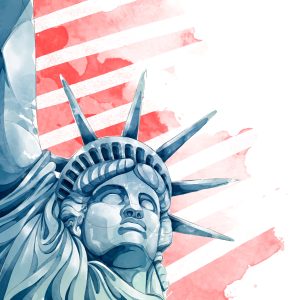Generic attacks dent Sanofi-Aventis
pharmafile | May 4, 2007 | News story | Sales and Marketing | generics
Some of Sanofi-Aventis' biggest selling drugs came under assault from generic competitors in the first part of 2007, holding back sales growth at pharma's third largest company.
Despite the sales gloom, the company has been able to raise its forecast for the earnings per share from six to nine per cent, helping to reassure stock market investors.
Net sales for the first quarter rose nearly seven per cent to €7 billion, while pharmaceuticals sales were up 6.2%, in line with the 2006 fourth-quarter growth rate.
This growth was despite the continuing damage done by generic competition to one of the company's biggest sellers, Plavix.
US revenues from the anti-blood clotting drug were down 64% compared to the first quarter of last year, the copycat version of the drug from Apotex continuing to gain sales at Sanofi's expense.
Apotex has now been barred from manufacturing any more generic versions of the drug, but large stockpiles of the medicine will not be exhausted until later this year, and will continue to undermine revenues at Sanofi-Aventis and its Plavix marketing partner Bristol-Myers Squibb.
Meanwhile in Europe, no fewer than seven of the company's products declined under generic attack, including sleeping pill Stilnox ( known as Ambien in the US) and diabetes treatment Amaryl.
Patent expiries in the UK and Germany saw sales of colorectal cancer drug Eloxatin, rapidly decline in the first three months of 2007, producing a 25% drop in European sales of the brand.
The company noted that healthcare reforms introduced in 2006 in France and Germany were continuing to depress sales, which fell by 1.3% year on year
Parallel imports of Plavix and Lovenox also contributed to the erosion of sales in Germany, but winter illnesses in France helped support revenues there.
Sanofi-Aventis managed to counteract the problems with generics with strong growth in a handful of newer brands. Most notable among these was the growth of the controlled-release version of Ambien, which contributed to a 49% growth in the company's sleeping pill franchise.
Allergy drug Allegra/Telfast was another fast-growing product, posting 21% growth worldwide in the period.
Related Content

Leading pharmaceutical companies sued in US for conspiring to drive up generics prices
26 pharmaceutical companies are being sued by most US states for allegedly conspiring to reduce …

Trump signs deal with generics company Phlow Corp to help shift drug manufacturing to the US
The Trump administration will sign a $354 million deal with the generics company Phlow Corp …

How the intended role of generic medicines is being undermined in America
The introduction of a generic medicine should, in theory, incentivise companies to lower the price of …








